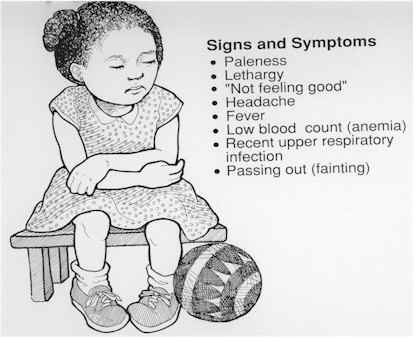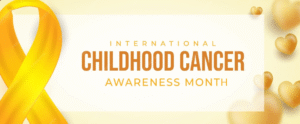What is Sickle Cell Disease (SCD)?

SCD is a group of inherited red blood cell disorders. Healthy red blood cells are round, and they move through small blood vessels to carry oxygen to all parts of the body. In someone who has SCD, the red blood cells become hard and sticky and look like a C-shaped farm tool called a “sickle”.

The sickle cells die early, which causes a constant shortage of red blood cells. Also, when they travel through small blood vessels, they get stuck and clog the blood flow. This can cause pain and other serious problems such infection, acute chest syndrome and stroke.
Types of Sickle Cell Disease SCD
- HbSS; People who have this form of SCD inherit two sickle cell genes (“S”), one from each parent. This is commonly called sickle cell anemiaand is usually the most severe form of the disease.
- HbSC; People who have this form of SCD inherit a sickle cell gene (“S”) from one parent and from the other parent a gene for abnormal hemoglobin called “C”. Hemoglobin is a protein that allows red blood cells to carry oxygen to all parts of the body. This is usually a milder form of SCD.
- HbS beta thalassemia; People who have this form of SCD inherit one sickle cell gene (“S”) from one parent and one gene for beta thalassemia, another type of anemia, from the other parent. There are two types of beta thalassemia: “0” and “+”. Those with HbS beta 0-thalassemia usually have a severe form of SCD. People with HbS beta +-thalassemia tend to have a milder form of SCD.
There also are a few rare types of SCD:
HbSD, HbSE, and HbSO; People who have these forms of SCD inherit one sickle cell gene (“S”) and one gene from an abnormal type of hemoglobin (“D”, “E”, or “O”). Hemoglobin is a protein that allows red blood cells to carry oxygen to all parts of the body.
Sickle Cell Trait (SCT)

HbAS; People who have SCT inherit one sickle cell gene (“S”) from one parent and one normal gene (“A”) from the other parent. This is called sickle cell trait (SCT). People with SCT usually do not have any of the signs of the disease and live a normal life, but they can pass the trait on to their children.
Cause of Sickle Cell Disease (SCD)
SCD is a genetic condition that is present at birth. It is inherited when a child receives two sickle cell genes—one from each parent.
Complications and Treatments
Symptoms and complications of SCD are different for each person and can range from mild to severe;

This may include;
- Anaemia.
- Pain crisis, or sickle crisis.
- Acute chest syndrome.
- Jaundice or yellowing of the skin, eyes, and mouth.
- Priapism.
There is no single best treatment for all people with SCD. Treatment options are different for each person depending on the symptoms. This may include;
- Pain medications.
- Blood transfusions.
- Vaccinations and antibiotics. These are used to prevent infections.
- Folic acid.
- Hydroxyurea.
- Regular eye exams.
Diagnosis/Cure

SCD is diagnosed with a simple blood test. It most often is found at birth during routine newborn screening tests at the hospital. The only cure for SCD is bone marrow or stem cell transplant.










